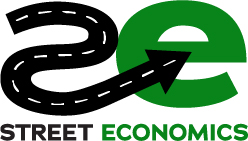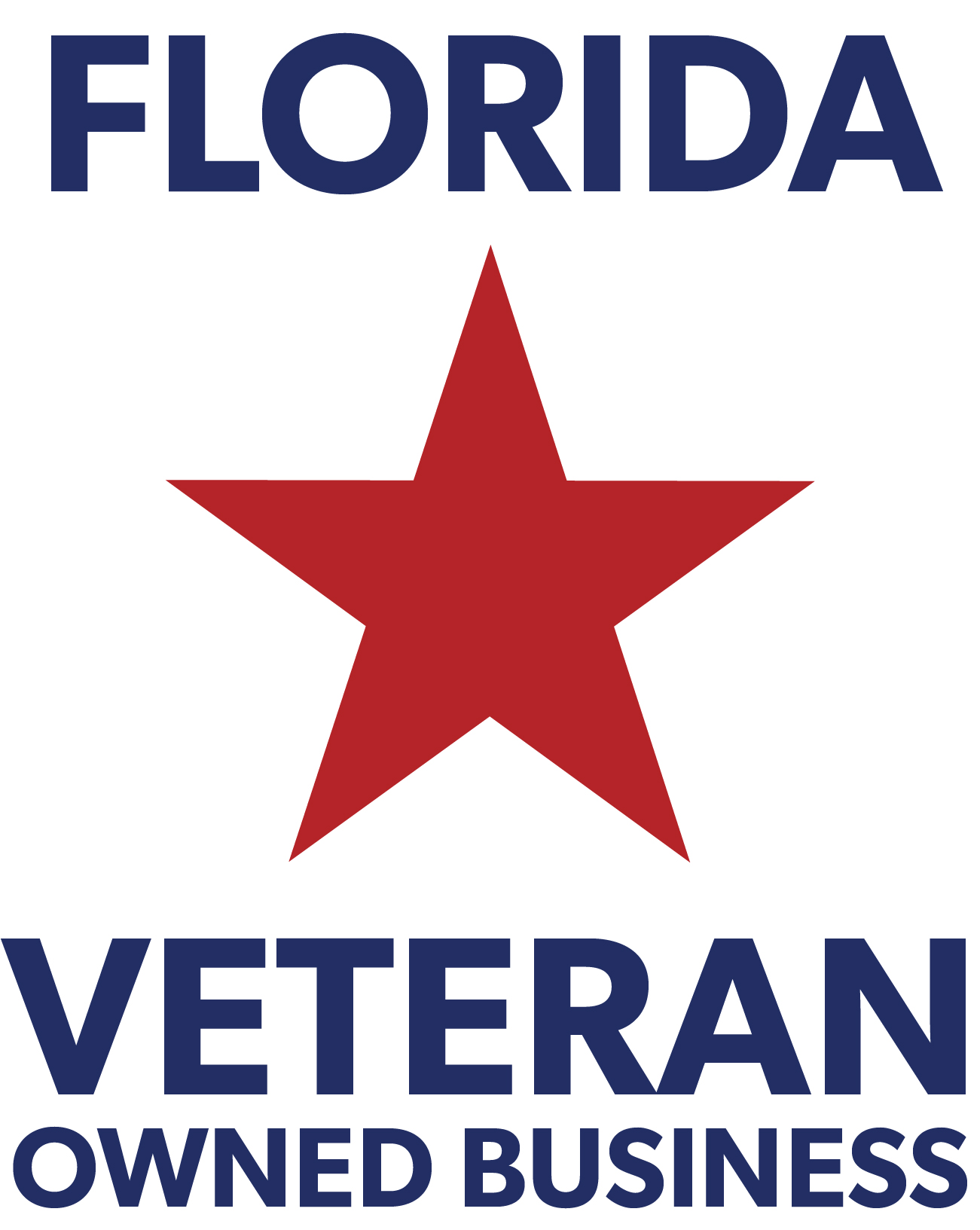As major brands streamline their offerings, they create a new landscape filled with entrepreneurial opportunities. A recent shift, highlighted by Levi’s collaboration with Dollar General, shows companies reducing variety in their product lines to focus on core, mass-market items. While this might make sense for big brands, it also leaves unmet needs and opens the door for small businesses with unique, tailored options that appeal to customers seeking more than the basics.
At Street Economics by BusinessFlare, we see this as an exciting opportunity for local entrepreneurs to step up. Here’s how cutting back on variety at big brands creates space for local innovation and growth.
Curated Specialty Retail: Filling the Gaps in Big Brands’ Offerings
As brands like Levi’s reduce product lines (including my preferred 569s), certain styles or niche products inevitably disappear from store shelves. Local entrepreneurs can respond by creating curated collections that fill these gaps—whether offering custom-fit jeans, limited-edition designs, or hard-to-find specialty items that appeal to those who feel underserved by mainstream options.
Customization and Personalization Services
With fewer choices from big brands, customers may want to make their standard items stand out. This presents an opportunity for entrepreneurs to offer customization services, like adding patches, embroidery, or unique designs. By providing these services, small businesses can attract customers looking to personalize their purchases in ways mainstream retail no longer supports.
Resale and Vintage: Bringing Back the Best of Discontinued Products
Discontinued styles and products often gain a dedicated following. Entrepreneurs can step in by sourcing and selling vintage or second-hand items that customers can’t find elsewhere. From classic Levi’s styles to other discontinued brand items, resale shops can offer a sense of nostalgia and sustainability, appealing to consumers who love “what used to be” and creating a profitable niche at the same time.
Hyper-Localized Product Lines
As major brands reduce variety to appeal to national audiences, they may overlook local preferences. This opens an opportunity for local businesses to develop product lines that cater to regional tastes or specific demographics, offering products with a local twist that customers can’t find in big-box stores.
Building an Online Marketplace for Discontinued or Limited Items
Entrepreneurs looking to tap into the online market have an opportunity to create a niche marketplace for discontinued items from big brands. By stocking “rare” or “hard-to-find” items, local businesses can attract loyal customers of these brands who feel left out by new product strategies.
Turning a Corporate Strategy into Local Innovation
As big brands reduce their offerings to streamline costs and focus on mass appeal, they’re leaving behind customers looking for something more unique, personalized, and connected to their individual style. For local entrepreneurs, this trend isn’t just a shift—it’s an opportunity to offer creative, community-focused products that fulfill needs left unmet by big corporations.
At Street Economics by BusinessFlare, we’re here to help our communities seize these opportunities. From hyper-local product lines to personalized customer experiences, we believe the future of small businesses lies in serving local markets with creativity, passion, and a dedication to providing what big brands simply can’t.




Comments are closed